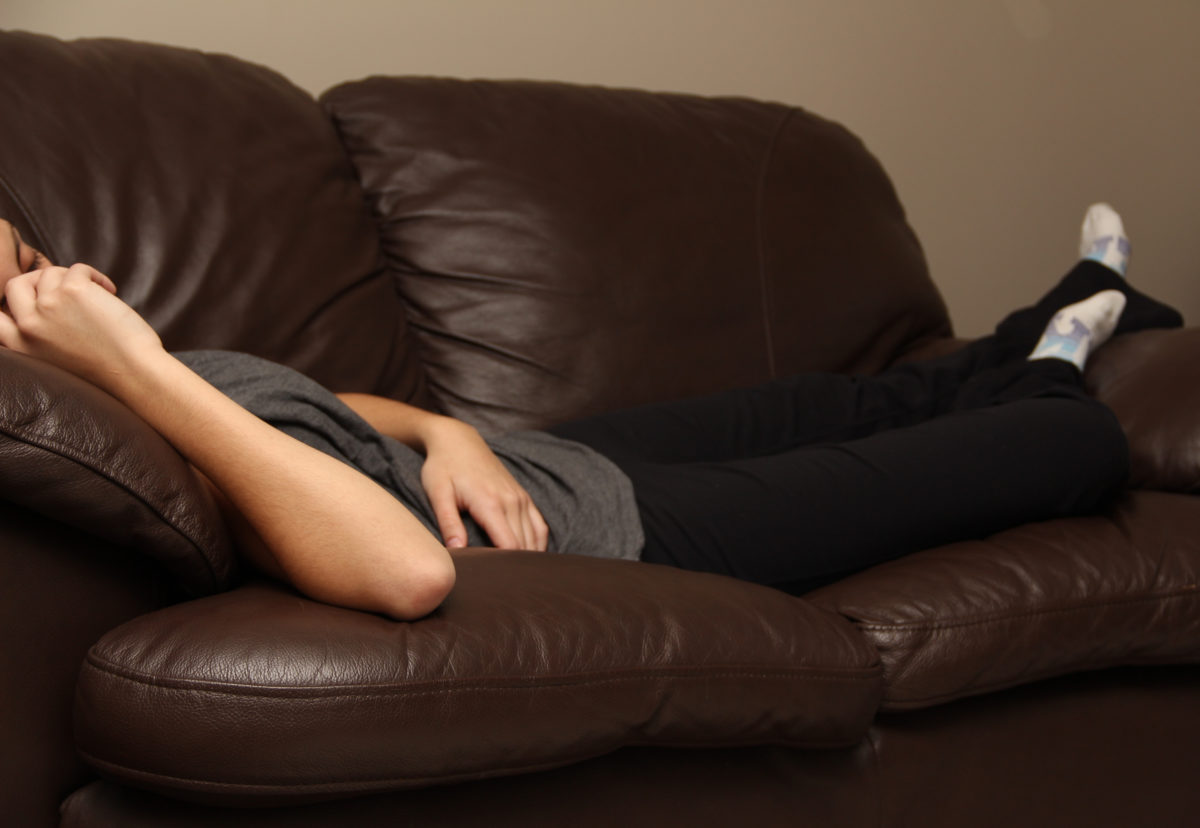When Shyla Augustine went to the University of New Brunswick in 2009, she had no place to live. She stayed at friends’ places, slept in her car, or went back to her hometown of Elsipogtog First Nation. She never knew where she would be sleeping from one night to the next. But she was still going to class.

“When I was in class, I was normal,” said Augustine. “No one in my class knew I was homeless.”
This kind of homelessness is often called “hidden homelessness”, and STU’s Human Rights Society is seeking to educate the public on its existence.
According to the 2012 provincial Report Card on Homelessness, 1,300 New Brunswickers are living in hidden homelessness. Some of these people, like Augustine, are students. The band from her reserve paid for her tuition, but she couldn’t afford residence on her own.
Mallory Kelly, a second-year human rights student and a member of the society, said most people perceive homelessness as people in the street with a cup held out for change, but this isn’t always the case.
The society started a project to raise awareness about the homeless who don’t wear it on their sleeve. As part of the project, Kelly and others from the society volunteered at the Fredericton Community Kitchen and Kelly said she was surprised by the people she saw coming in for a hot meal.
“There were a few people around student age that dressed the same as anyone you would see on campus,” said Kelly. “It’s a really diverse group of people.”
When Augustine was in school, she didn’t even know there were resources like the community kitchen in Fredericton. She was alone, she didn’t know her way around and she couldn’t afford an apartment. She relied on the few friends she made in university and a few from back home to sleep on their couches – or, at worst, slept under a pile of blankets and clothes in her car on winter nights. But even those friends didn’t know she didn’t have her own permanent residence – she just asked to crash for the night. And then, the next day, the battle to find shelter for the night started all over again.
“[My friends] weren’t my parents and weren’t my babysitter. They only did what they could do and they could only do so much,” said Augustine. “Sometimes I’d go days without a shower and I’d be wearing dirty clothes.”
Augustine’s band eventually paid for her to live in a dorm for the second semester, but she was already too far behind in her studies. She dropped out after that year and now lives in an apartment in Elsipogtog.
Part of the human rights society’s message is that no one needs to sleep in the cold. So many students struggling to get by, like Augustine, aren’t aware of places like the Fredericton Community Kitchen. Kelly said she wouldn’t have known about the resources or even about student homelessness at all if she hadn’t looked into it.
“If people aren’t aware of the resources, then they can’t access them,” said Kelly.
